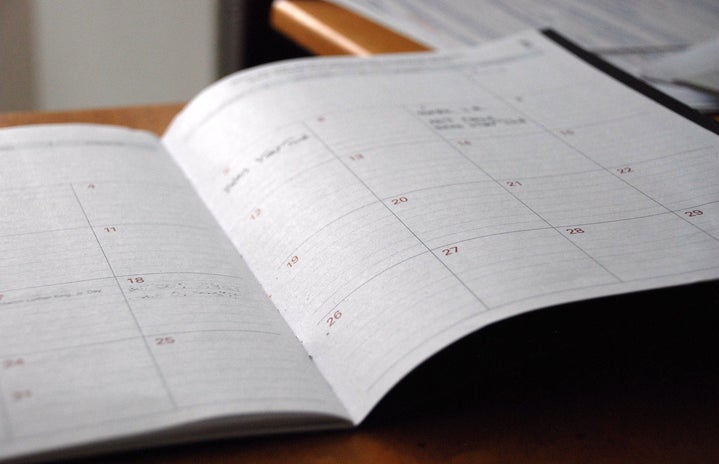Now that January has come to a close, how are the New Year’s Resolutions coming along? Many will answer reluctantly that they are not keeping to their resolutions, but they are definitely not alone in that category. Around two-thirds of the population abandons their New Year’s Resolutions within a month, and 23% quit within the first week! But, hey, if you still want to drink more water, get more sleep, keep up with that diet, or remember to journal everyday, here are some tips on how to make those resolutions a permanent part of your daily life.
Keeping resolutions is all about creating new habits in your brain, so much so that you don’t even really have to consciously remind yourself of them each and every day, which can make them seem like a chore. Hence why many people just end up giving up on their resolutions come February. In order to prevent this, one must create a “habit-loop” in your brain, which is essentially a 3-step process, according to NPR.
First, there needs to be a trigger that tells your brain to start the habit process. Next is the routine portion, which is the habit playing out itself. The last step is a reward, to trick your brain into liking the habit and wanting to do it again in the future. Simply put, you have to train your brain like a little kid. In order to get it to do something, you want to incentivize it.
For example, say your resolution for 2023 was to stretch every morning. The cue is when you hear your alarm clock go off, you know it’s time to stretch in the morning stretch. You do the activity, and then after you reward yourself with your morning coffee, which can only be had once you do the task. I’ll bet you find pretty soon that if you implement this type of routine, you may not even need a reward anymore, and will pretty much just do it automatically.
One important thing to note, however, is that once this becomes automatic in your daily life at home, it might be hard to replicate this habit in other places. Studies have shown that people perform these automatic behaviors the same way when they’re in the same environment, however when away, this might change. That is the beauty of vacation: a break from your habits. So take the time to relax when you deserve it most. Don’t fear though, it takes 10 weeks to break a habit, so a little me-time is not the worst thing in the world. With that being said, let 2023 be the year we keep our resolutions!
Source: https://www.npr.org/2012/03/05/147192599/habits-how-they-form-and-how-to-break-them


